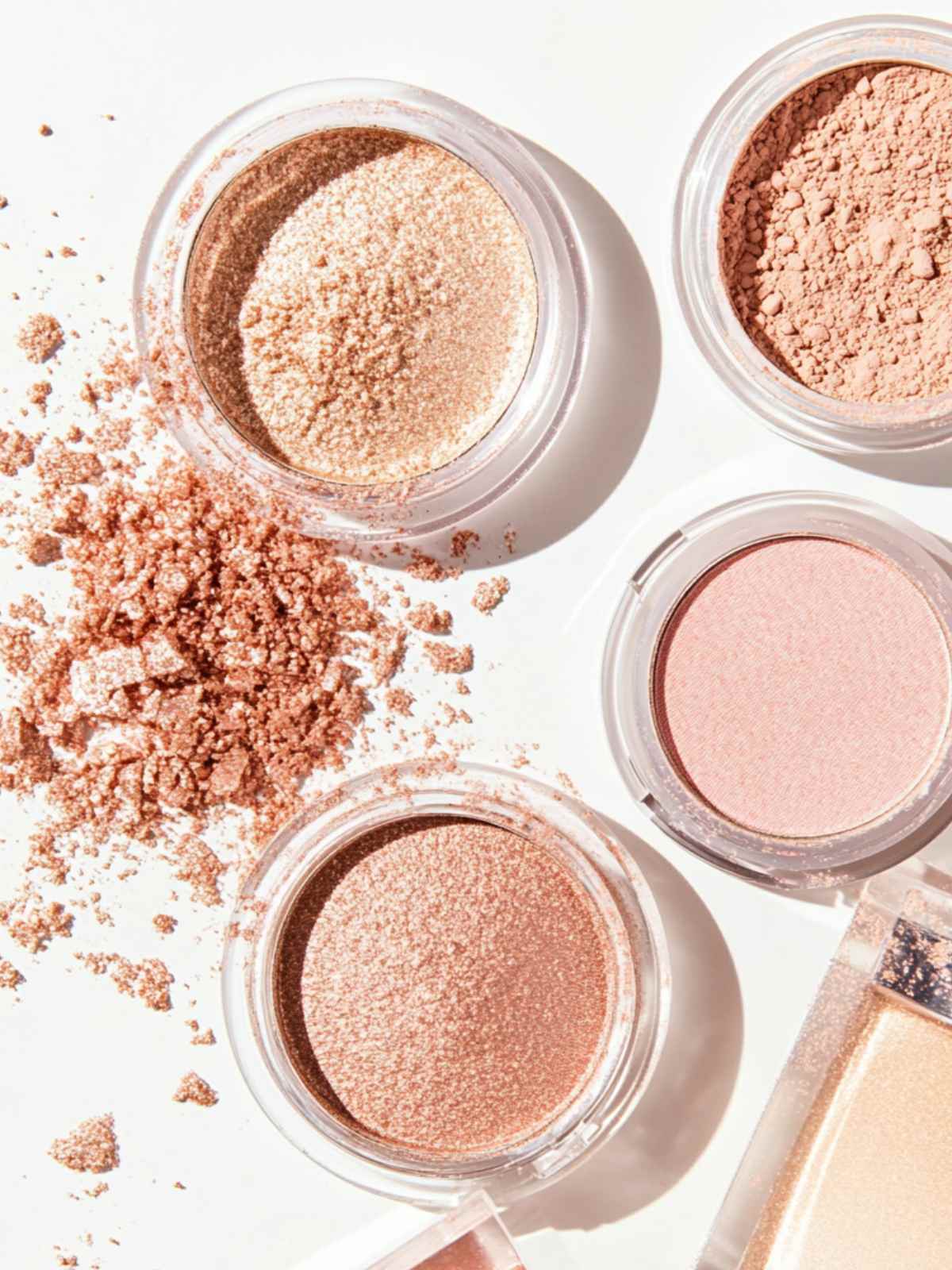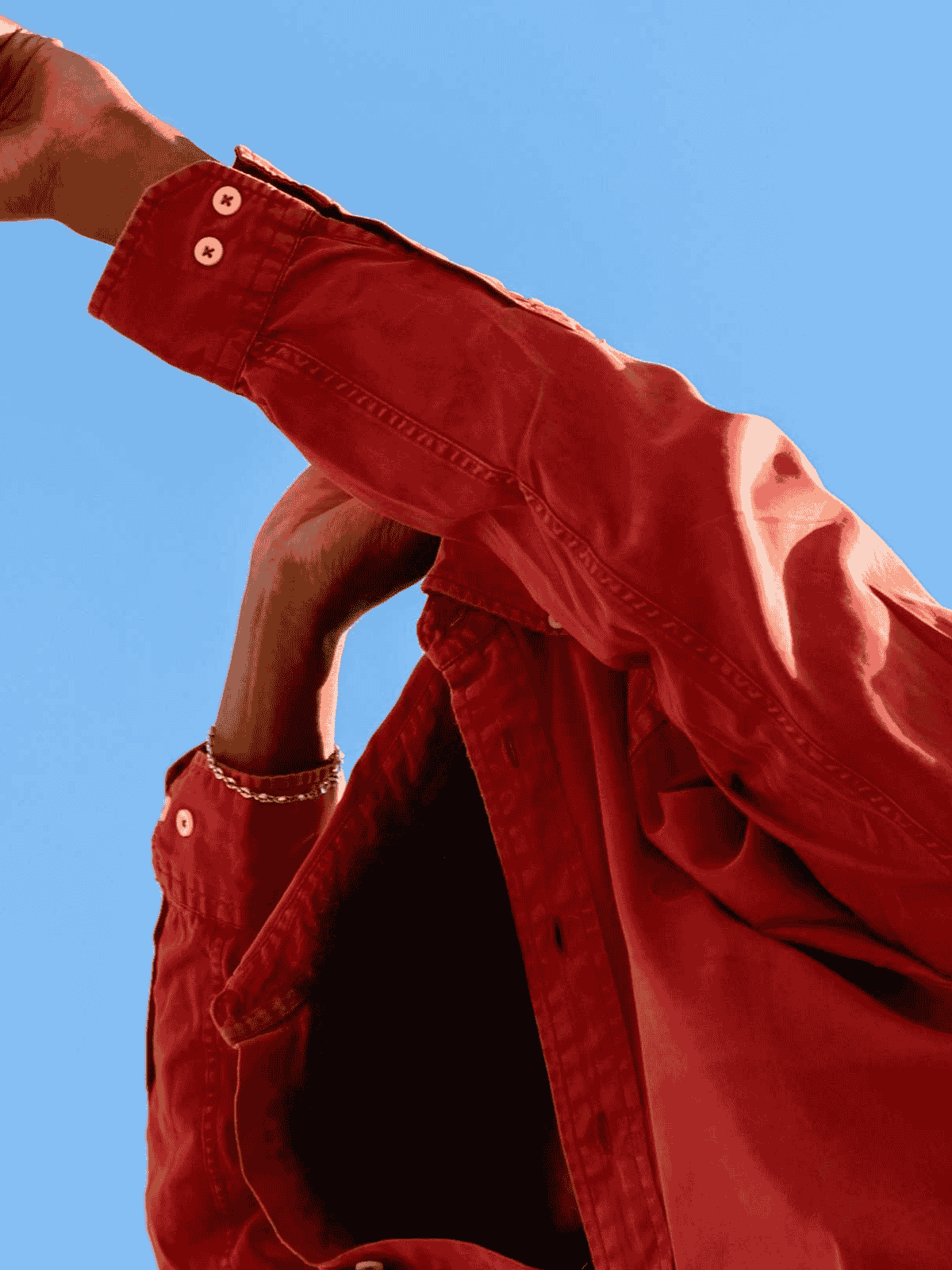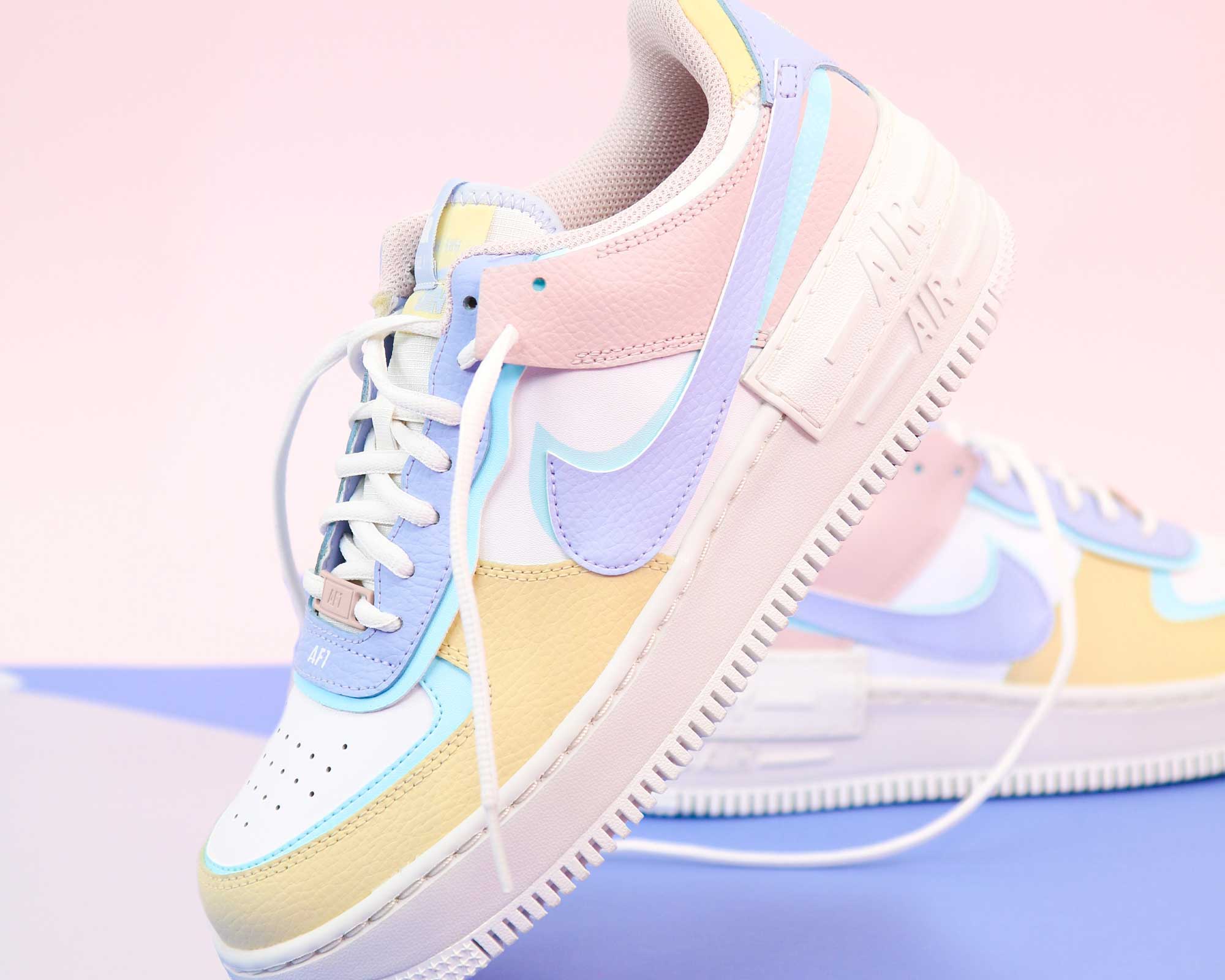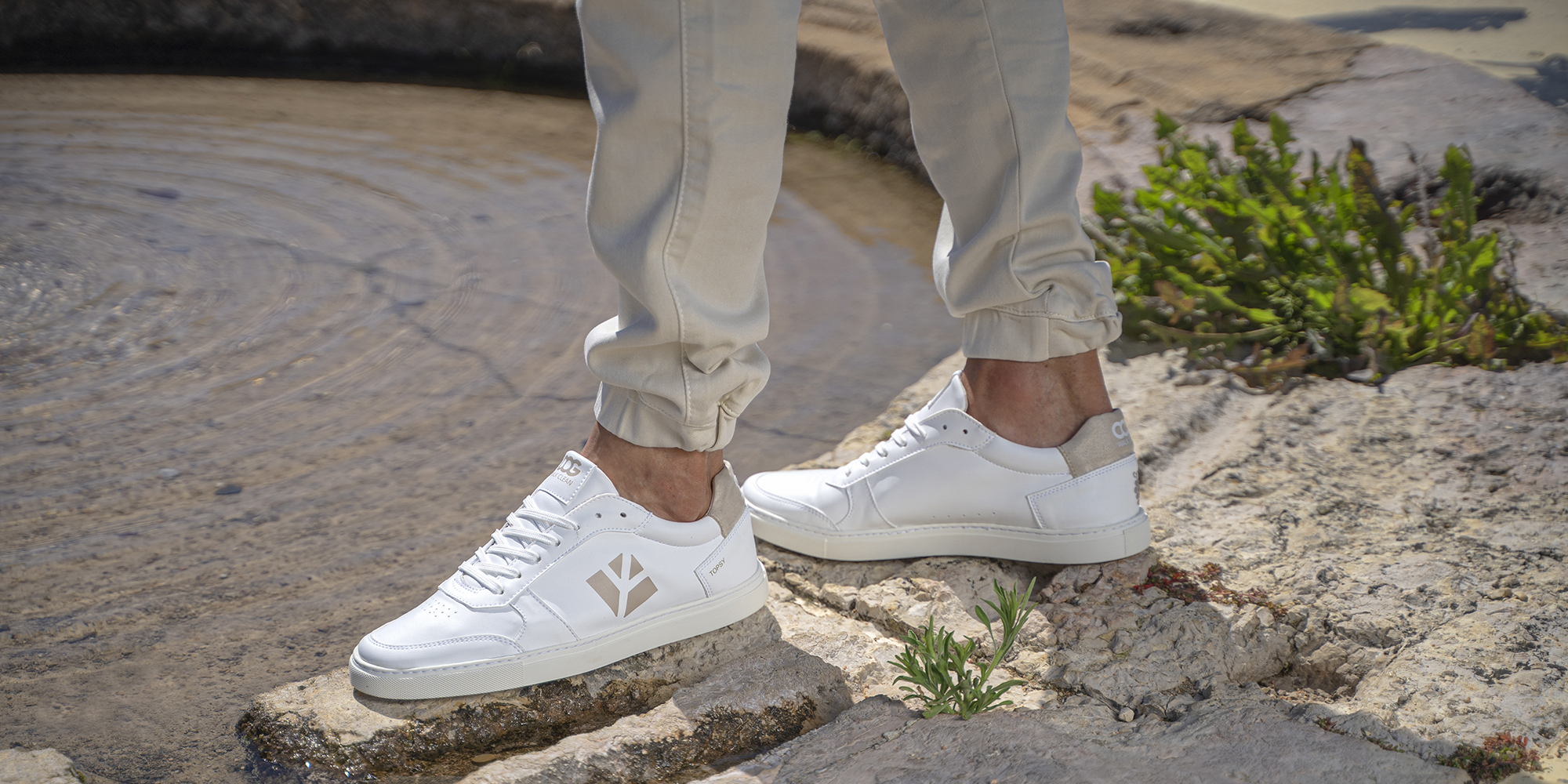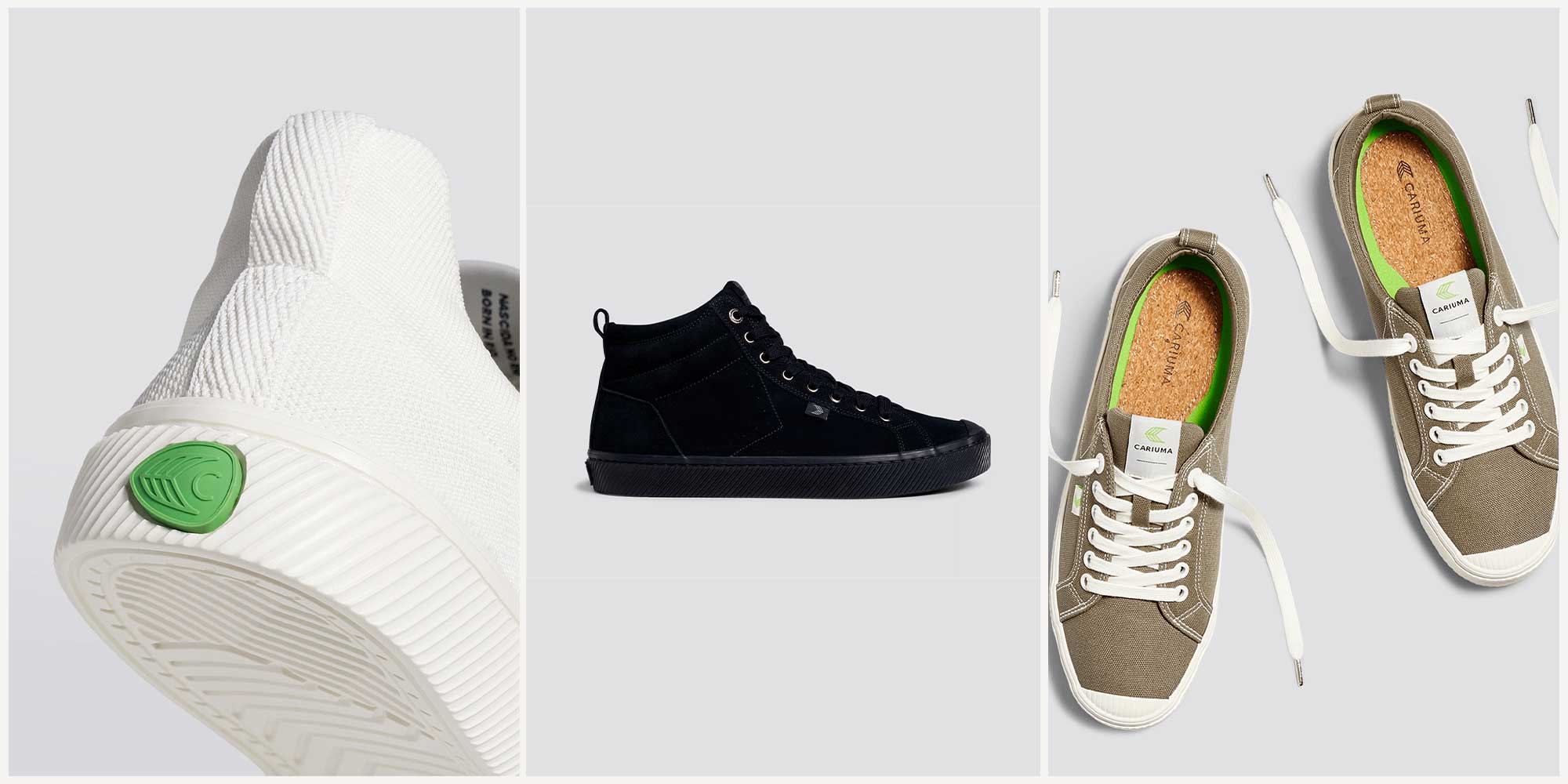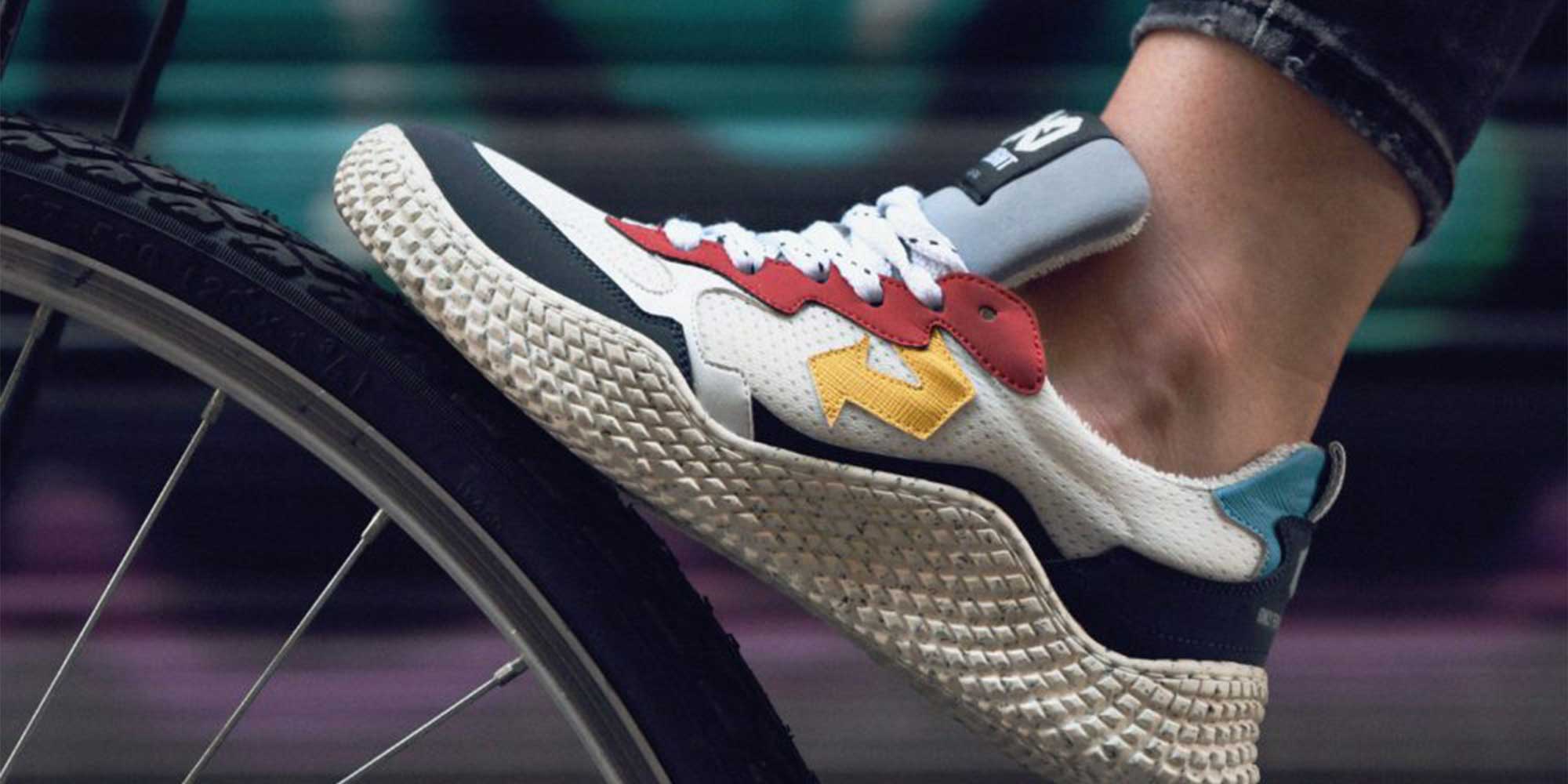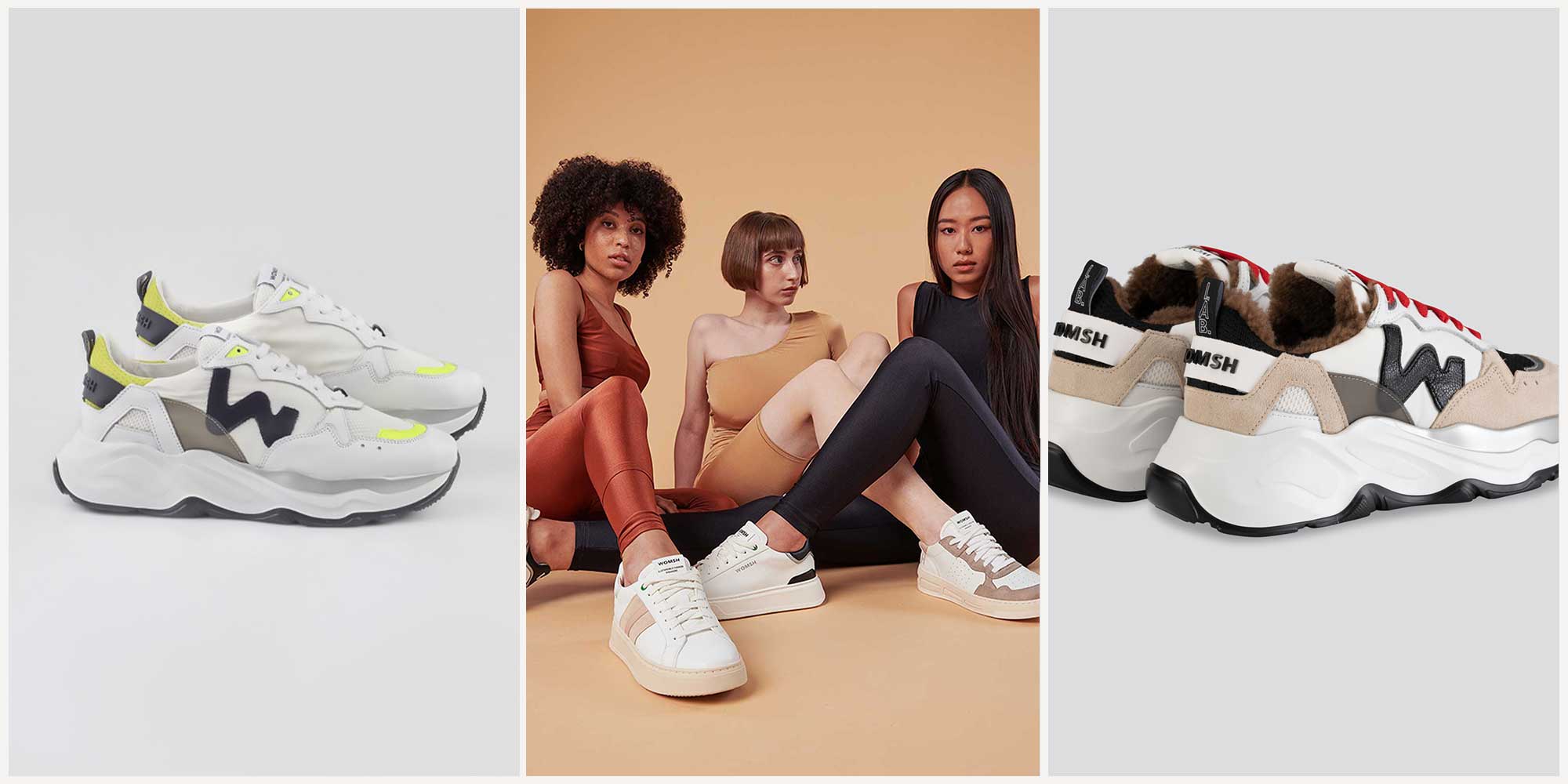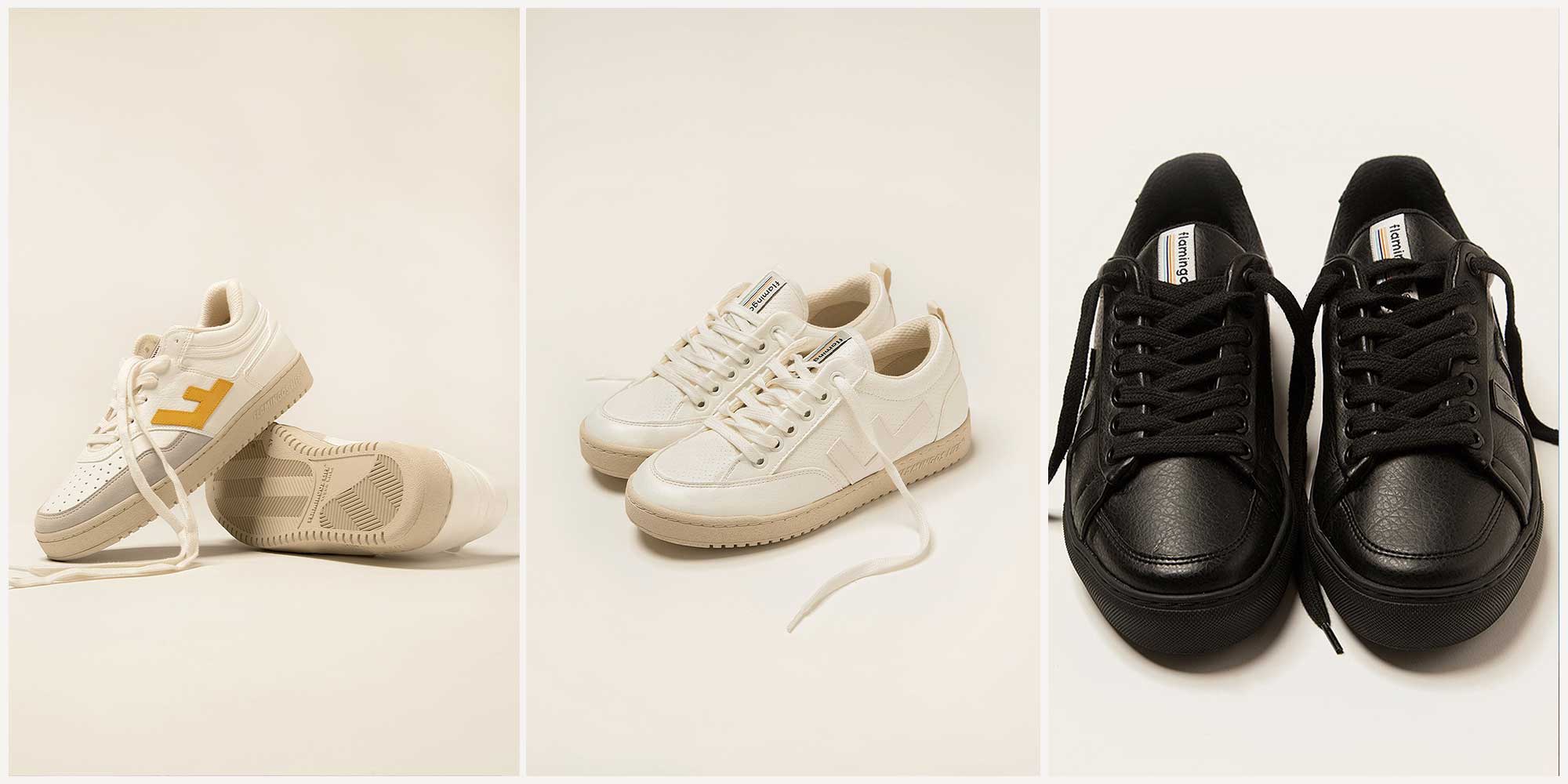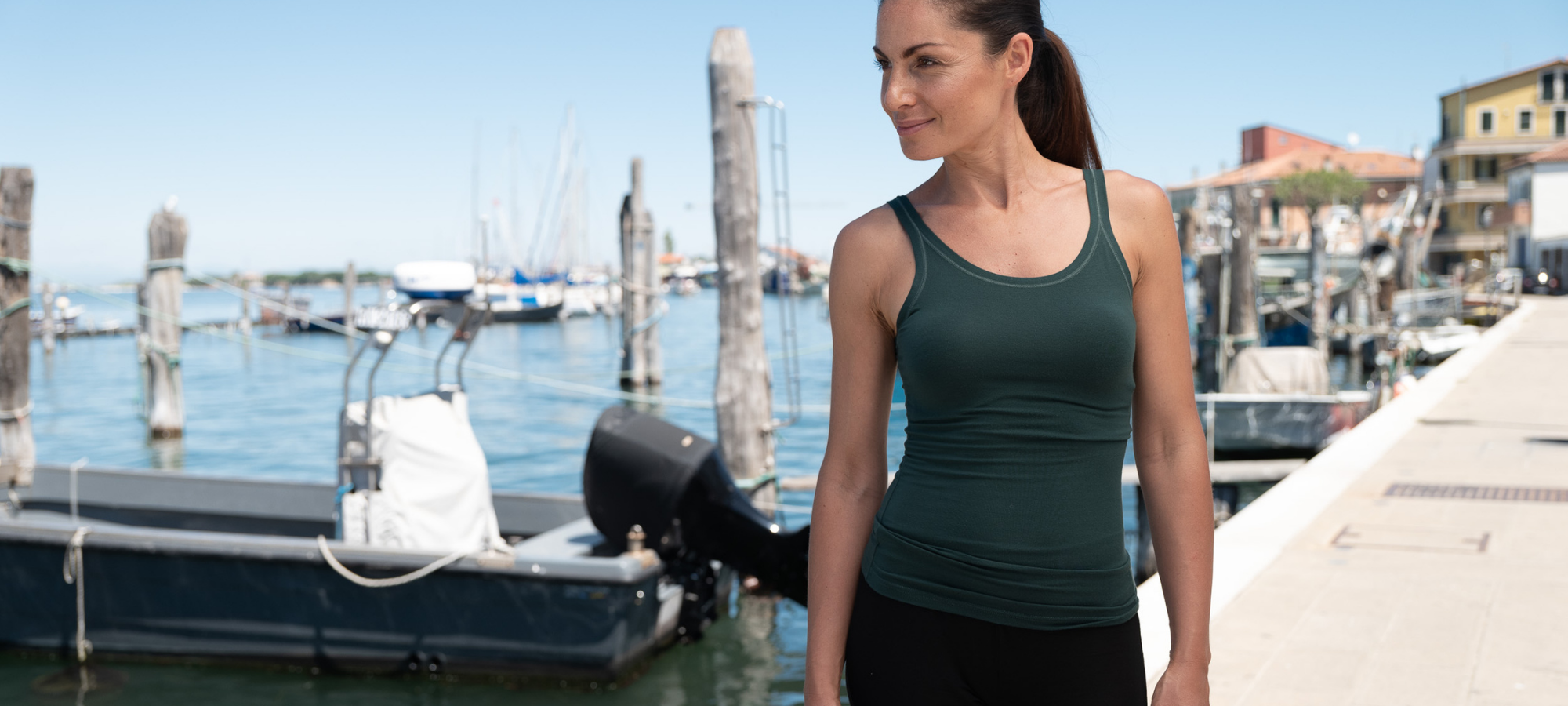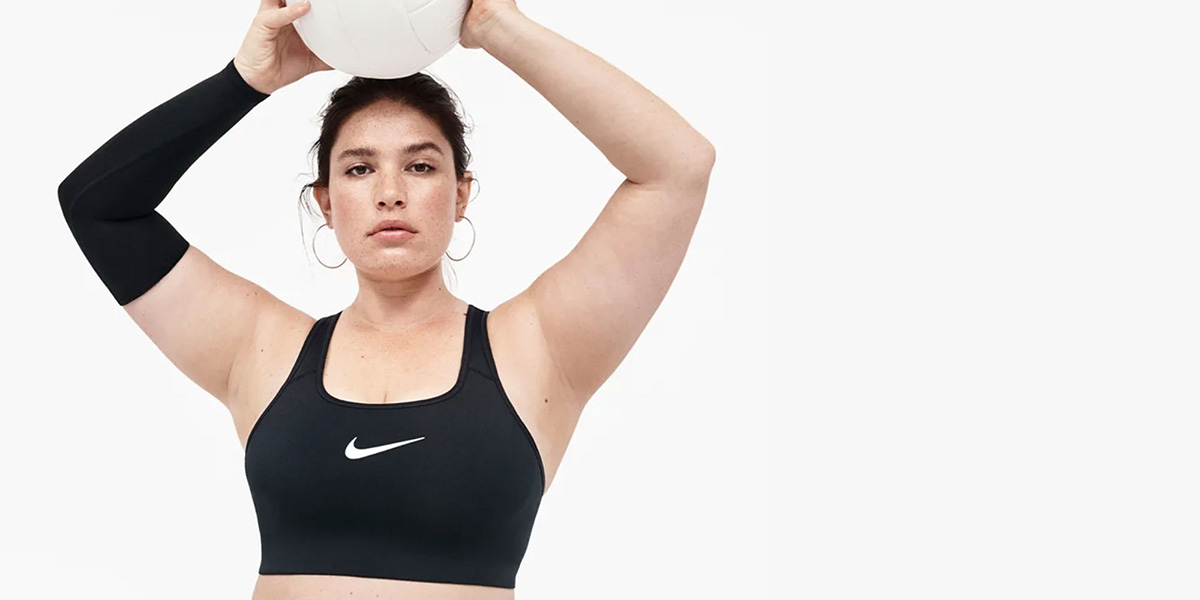Our editors curate highly rated brands that are first assessed by our rigorous ratings system. Buying through our links may earn us a commission—supporting the work we do. Learn more.
Nike still has a way to go on the ethics and sustainability front with a score of “It’s a Start” overall, based on our analysts’ May 2023 review. Here’s why the conscious consumer is better off looking elsewhere for their activewear needs, and some examples of more ethical alternatives to Nike.
Nike’s not quite there
Even if you weren’t around in the 1990s, you’ve likely heard about Nike’s sweatshop scandals. Since then, the brand has worked hard to transform its tarnished image. So, what’s the impact of Lebron James and Cristiano Ronaldo’s sponsor on the planet, people, and animals today? And most importantly, what more ethical and sustainable alternatives to Nike are there?
Nike has improved, but there is still a way to go. The activewear giant has made a few positive changes to its environmental practices: it is a member of the Sustainable Apparel Coalition, it uses some lower-impact materials—including organic and recycled cotton and polyester—and has set a target to eliminate most hazardous chemicals by 2025, which it’s on track to meet. But while Nike has set a science-based target to reduce greenhouse gas emissions generated from its operations and supply chain, there is no evidence it is on track to meet that target. We also found no evidence Nike has a policy to prevent deforestation nor protect biodiversity in its supply chain.
When it comes to labour, the brand has been criticised for allowing its suppliers to exploit workers by paying below the minimum wage, enforcing excessive working hours, and failing to provide safe working conditions. We found Nike disclosed some policies to protect workers in its supply chain from the virus during the height of the COVID-19 pandemic, and the brand has a basic policy to support diversity and inclusion in its supply chain. However, while it claims to have a program to improve wages, we found no evidence Nike ensures payment of a living wage in most of its supply chain.
Despite not using fur or angora in its products, which is a step in the right direction, Nike still uses wool, down, exotic animal skin, shearling, exotic animal hair, and silk without specifying sources. It uses some recycled leather in its leather products, and thought it has a basic policy covering animal welfare, no clear implementation mechanisms are in place and there’s no evidence it traces any animal-derived materials even to the first production stage. This lack of transparency is problematic as the welfare of animals and workers is unknown.
If you thought the 1990s sweatshop story was the last scandal involving Nike, think again. In 2018, Nike was sued by two former female employees who accused the sneaker giant of creating a culture of gender discrimination and sexual harassment. The brand says it’s been focusing on female empowerment and inclusiveness in its advertising campaigns, but the women who work for Nike—from factories to headquarters—are left out of the picture.
In 2021, Nike came under fire (again) after a prolific sneaker reseller was revealed to be the son of a long time company executive. Nepotism, much?
Nike was also recently named in a new lawsuit, accusing the brand of deceiving consumers by falsely marketing its sportswear offerings as “sustainable”, and made with “sustainable materials”. Ouch.
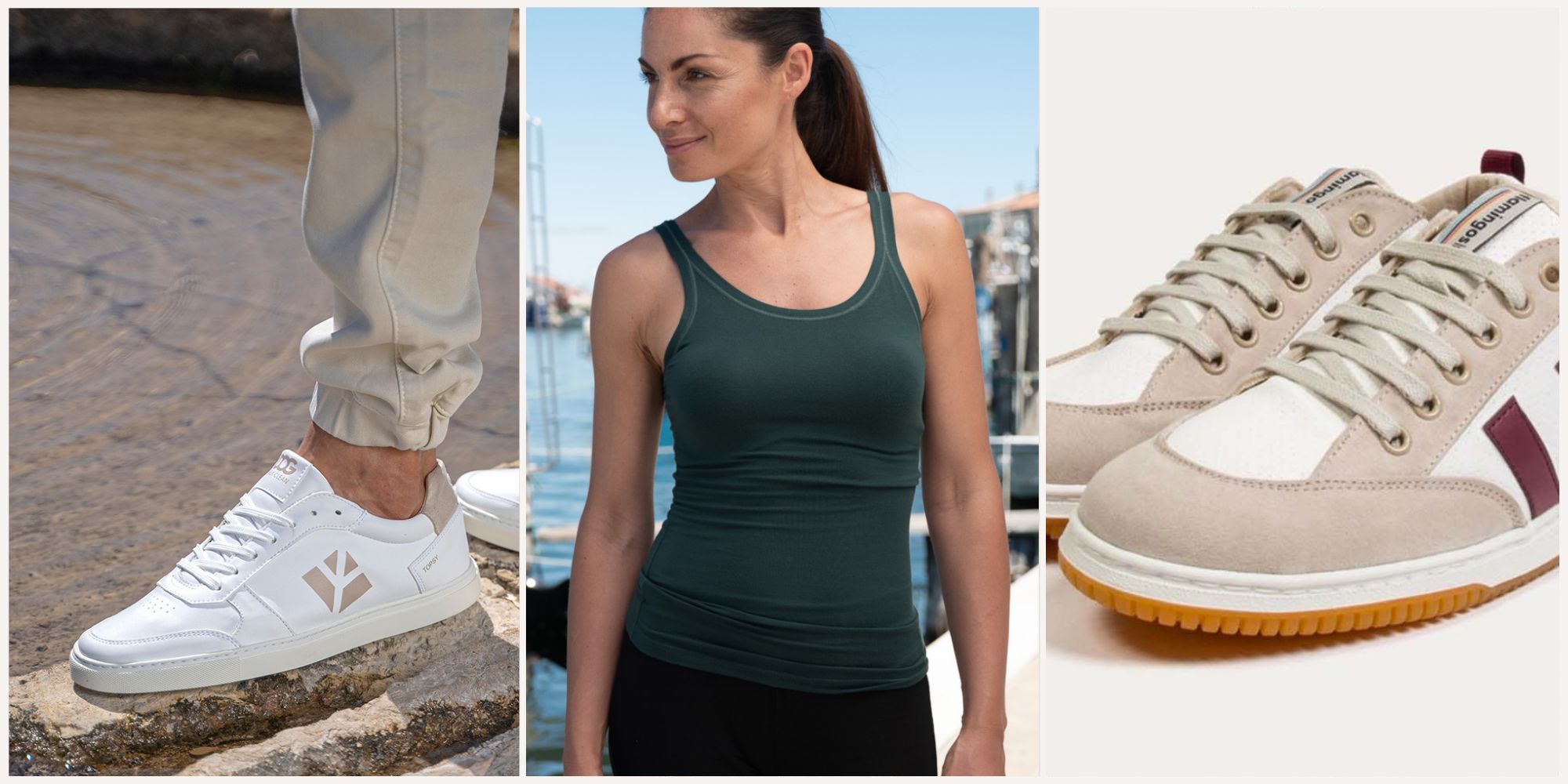
Overall, we rate Nike “It’s a Start” (based on our review in May 2023). The brand, whose annual revenue numbers in the tens of billions every year, has a few promising environmental measures in place. Still, it needs to do much more and make serious changes in most areas. Nike can certainly afford it.
So, if you love the Nike vibe but prefer to support “Good” or “Great” brands that are beating the sportswear giant at its own game, here are some more sustainable alternatives to Nike for you.

